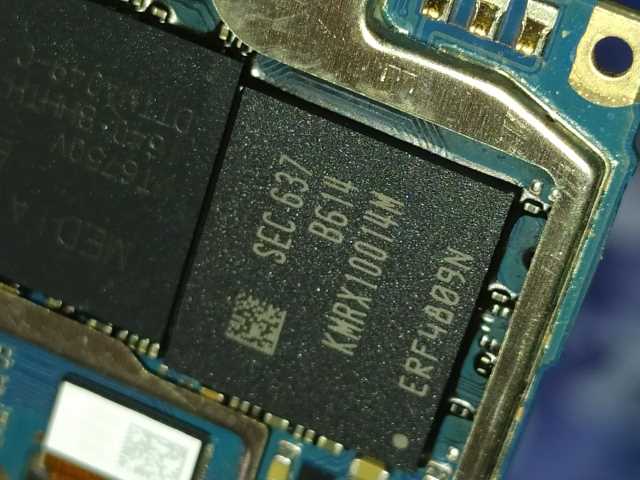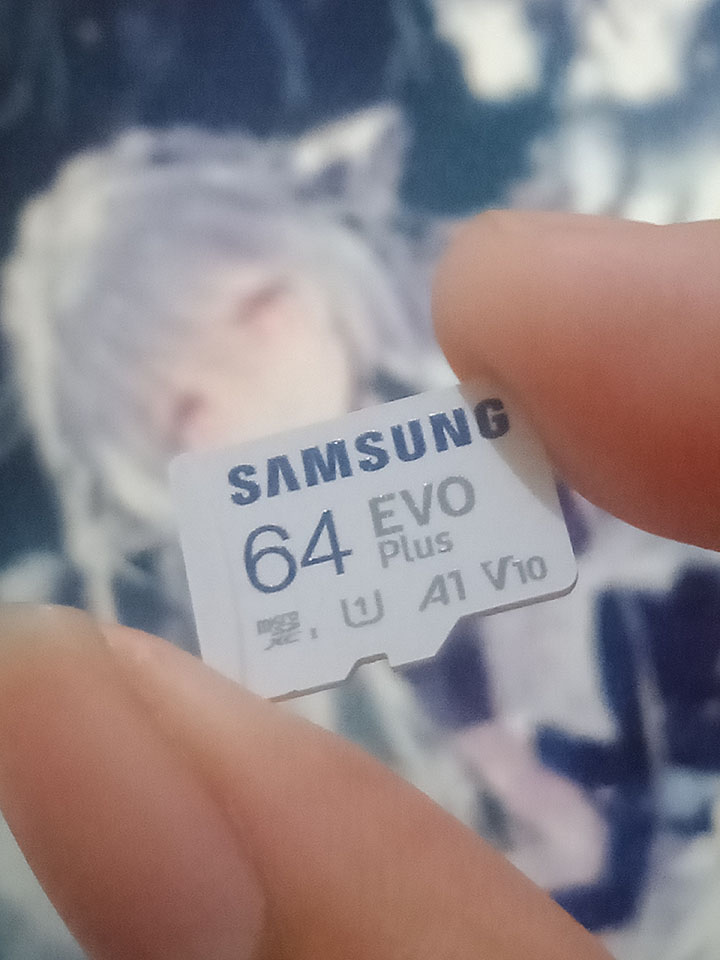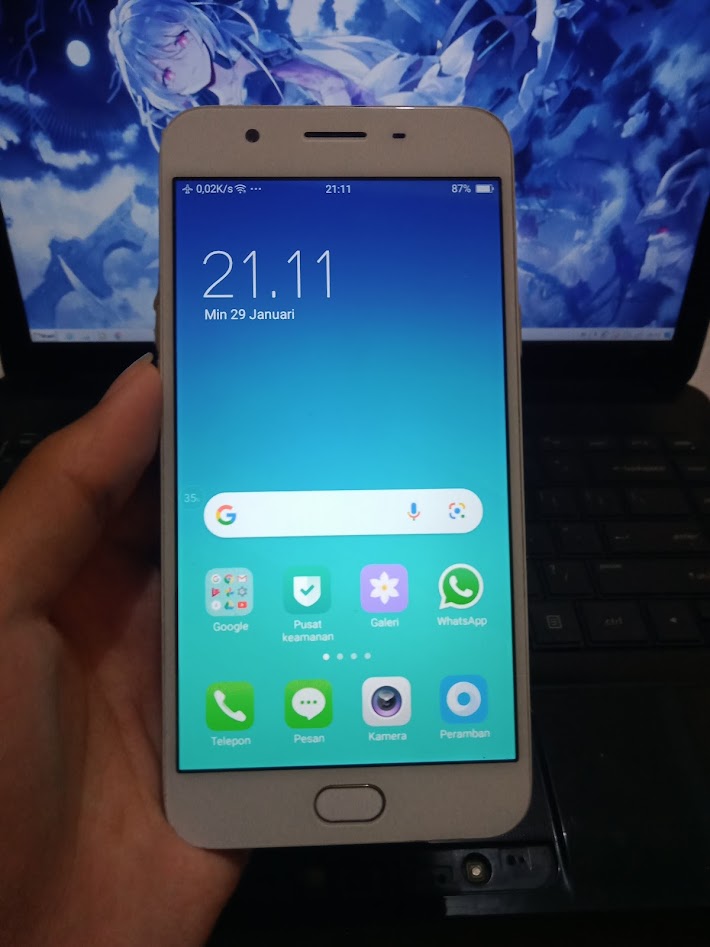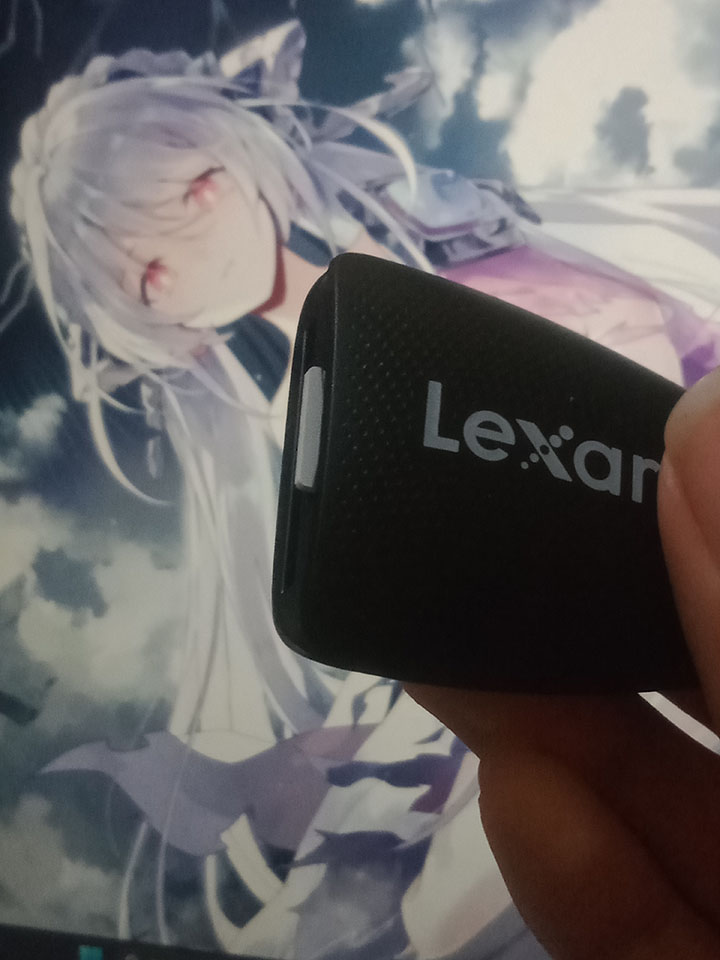Comparing: Samsung KMRX10014M vs Samsung EVO Plus 64GB
In this comparison, we analyze two Disks: Samsung KMRX10014M and Samsung EVO Plus 64GB, using synthetic benchmark tests to evaluate their overall performance. This side-by-side comparison helps users understand which hardware delivers better value, speed, and efficiency based on standardized testing. Whether you're building a new system or upgrading an existing one, this benchmark-driven evaluation offers valuable insights to guide your decision.

Samsung KMRX10014M
| Type: | Disks |
|---|---|
| Model: | Samsung KMRX10014M |
| Capacity: | 32GB |
| Interface: | eMMC |

Samsung EVO Plus 64GB
| Type: | Disks |
|---|---|
| Model: | Samsung EVO Plus 64GB |
| Capacity: | 64GB |
| Interface: | UHS-I |
Specification Comparison Table
This specification comparison presents technical details of several devices or components to help you understand the key differences between each option. Use this table as a reference to determine which device best suits your needs.
| Specification | Samsung KMRX10014M | Samsung EVO Plus 64GB |
|---|---|---|
| Brand | Samsung | Samsung |
| Format | eMMC 5.1 | MicroSDXC |
| Capacity | 32GB | 64GB |
| Interface | eMMC | UHS-I |
Submission Comparison Table
This submission comparison table displays the number and details of benchmark data submissions from various devices or components. This information helps you understand the performance based on the benchmarks that have been tested, as well as providing an overview of the consistency and popularity of the available benchmark results.
Submission Comparison Chart
This chart visualizes the benchmark scores comparison between two hardware devices based on submitted data.
Media Gallery
A collection of photos of tested hardware. These images can help you identify the physical form, model, and variant of the hardware in question. These photos are from our own documentation, and if they are not available we may not be able to document them.
About Hardware Samsung KMRX10014M
OPPO F1s eMMC 5.1 (Samsung KMRX10014M) is an internal storage chip made by Samsung that is used in the OPPO F1s smartphone. Relying on eMMC 5.1 technology, this chip offers increased data transfer speeds compared to the previous generation (eMMC 5.0), providing a smoother user experience, especially when it comes to opening apps, saving files, and running the Android operating system responsively.
Although not comparable to UFS (Universal Flash Storage) in terms of performance, eMMC 5.1 remains an economical storage solution for mid-range devices like the OPPO F1s. The technology is reliable enough to handle everyday activities such as opening social media, recording videos, taking photos, and storing documents and apps.
The test was conducted on an OPPO F1s device with MediaTek MT6750 specifications, 4GB of RAM, and 32GB of internal storage, running on the Android 6 operating system. The internal storage on the OPPO F1s uses the Samsung KMRX10014M chip, which is an early generation eMMC 5.1 with relatively high performance for the standards of its release time.
Interestingly, despite the device being over 7 years old, testing using the Cross Platform Disk Test (Mobile) showed read speeds of 286.5 MB/s and write speeds of 78.7 MB/s. These figures are impressive for an eMMC chip that has gone through a long usage cycle, and indicate that the Samsung KMRX10014M has good NAND Flash endurance.
Overall, the eMMC 5.1 on the OPPO F1s offers an ideal combination of power efficiency, moderately high performance, and low manufacturing costs. This makes it a very suitable solution for devices with standard to mid-range requirements, especially when first released. While eMMC performance may degrade with age, these benchmark results show that the chip is still capable of performing quite well even after many years.
Device test (testbed):
Device: OPPO F1s
CPU: MediaTek MT6750
RAM: 4GB
Storage: 32GB
OS: Android 6
* This test was conducted after the device was approximately 7 years old, which is likely to have degraded the performance of eMMC.
Friday, 19 November 2021 16:41:45 | Update: 1 month ago
About Hardware Samsung EVO Plus 64GB
Samsung EVO Plus 64GB microSDXC is a high-performance memory card designed to meet the modern storage needs of devices such as smartphones, tablets, action cams, drones, and gaming consoles like Nintendo Switch. With a speed rating of UHS-I, Class 10, U1/V10, the card is capable of achieving read speeds of up to 130MB/s, making it an ideal choice for recording Full HD videos, storing high-resolution photos, and running mobile apps or games smoothly.
Using Samsung's advanced NAND flash technology, the EVO Plus delivers reliable performance and high durability in long-term use. The card has also passed tests to withstand extreme conditions-water resistance, heat and cold resistance, X-ray resistance, and magnetic field resistance, making it perfect for outdoor photographers, travelers, and other active users who are often in extreme environments.
Samsung also includes an SD adapter in the sales package, allowing users to utilize this card in DSLR cameras, camcorders, or laptops with standard SD slots. The exFAT file system support by default makes it compatible with a wide range of operating systems, including Windows, macOS, Android, and others.
This card was tested using a Lenovo IdeaPad Slim 3i 14ITL6, which features an Intel Core i5-1135G7, NVIDIA MX350 GPU, 12GB DDR4 3200MHz RAM, and 512GB NVMe SSD internal storage. The device was tested at a room temperature of 30°C based on the DHT11 sensor, and using a Lexar RW450 rev B card reader with a GL3231S controller via a USB 3.1 Gen 1 port. The test was conducted under new card conditions, with no files, and using the default settings in Device Manager (Quick Removal on).
Benchmark results using CrystalDiskMark show a very impressive performance, with a read speed of 124.57 MB/s and a write speed of 34.55 MB/s. These figures reflect the high speed and stable performance offered by the EVO Plus 64GB, making it very competitive in its class.
Overall, the Samsung EVO Plus 64GB microSDXC is a fast, reliable and durable storage solution. Suitable for a variety of purposes-from storing multimedia content to expanding the storage capacity of mobile devices-the card delivers optimal performance with the trusted quality of the Samsung brand. For users who need a fast microSD card with high durability and broad support for modern devices, EVO Plus is a highly recommended choice.
Device Test (Testbed):
Device: Lenovo IdeaPad Slim 3i 14ITL6
Device Specs: i5-1135G7, NVIDIA MX350, 12GB RAM 3200MHz (4+8), 512GB NVMe SSD, USB 3.1 Gen 1, Windows 11 Home 23H2
Card Reader: Lexar RW450 rev B (GL3231S Controller)
Room Temperature: 30 celcius based on DHT11 Sensors
* This experiment is run when the item is newly purchased, no files condition (0% usage), exFAT file system (default), Device Manager Policy: Quick Removal (Default).
Saturday, 13 January 2024 14:28:11 | Update: 1 month ago


